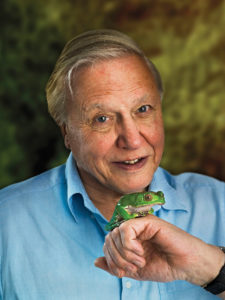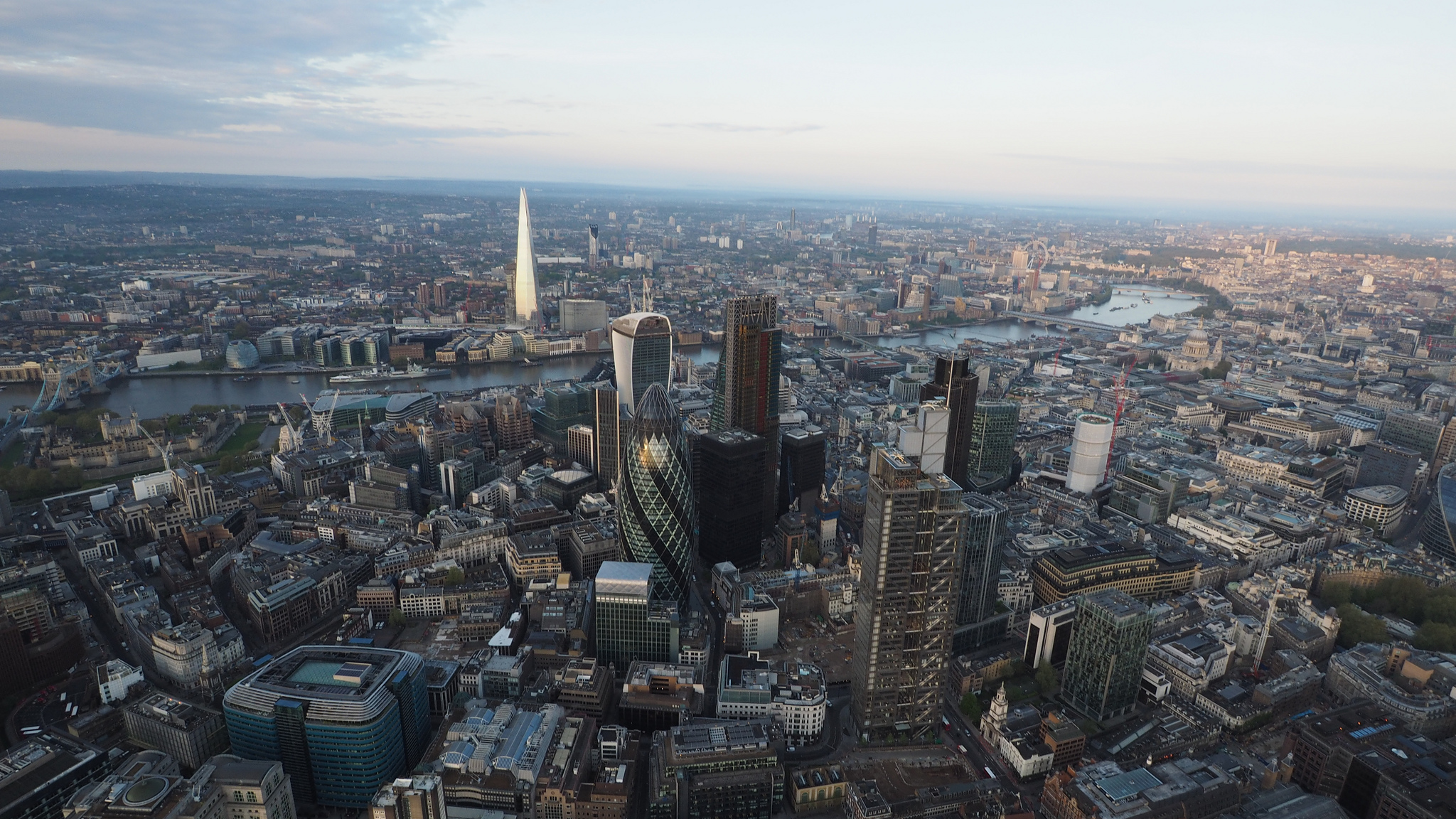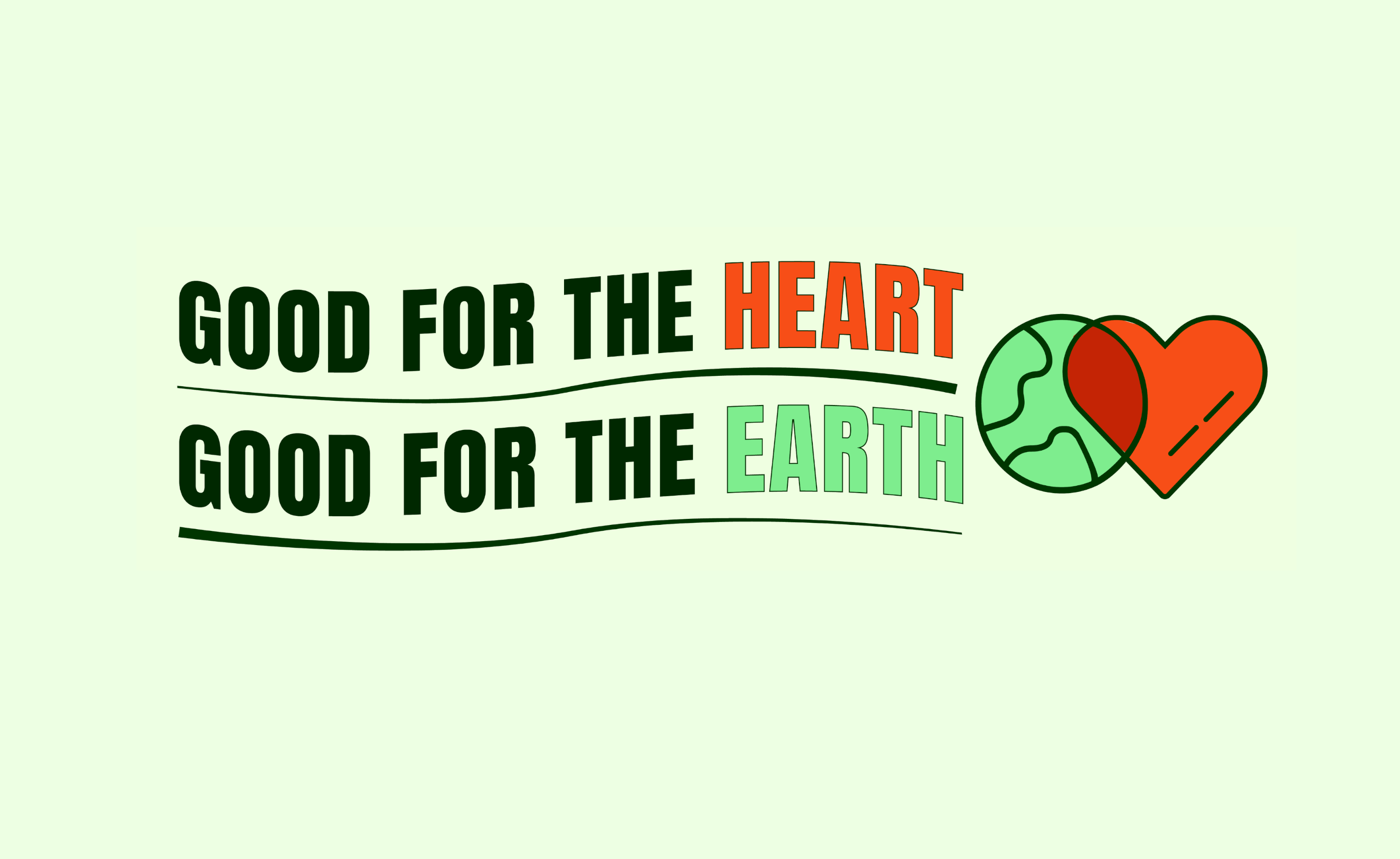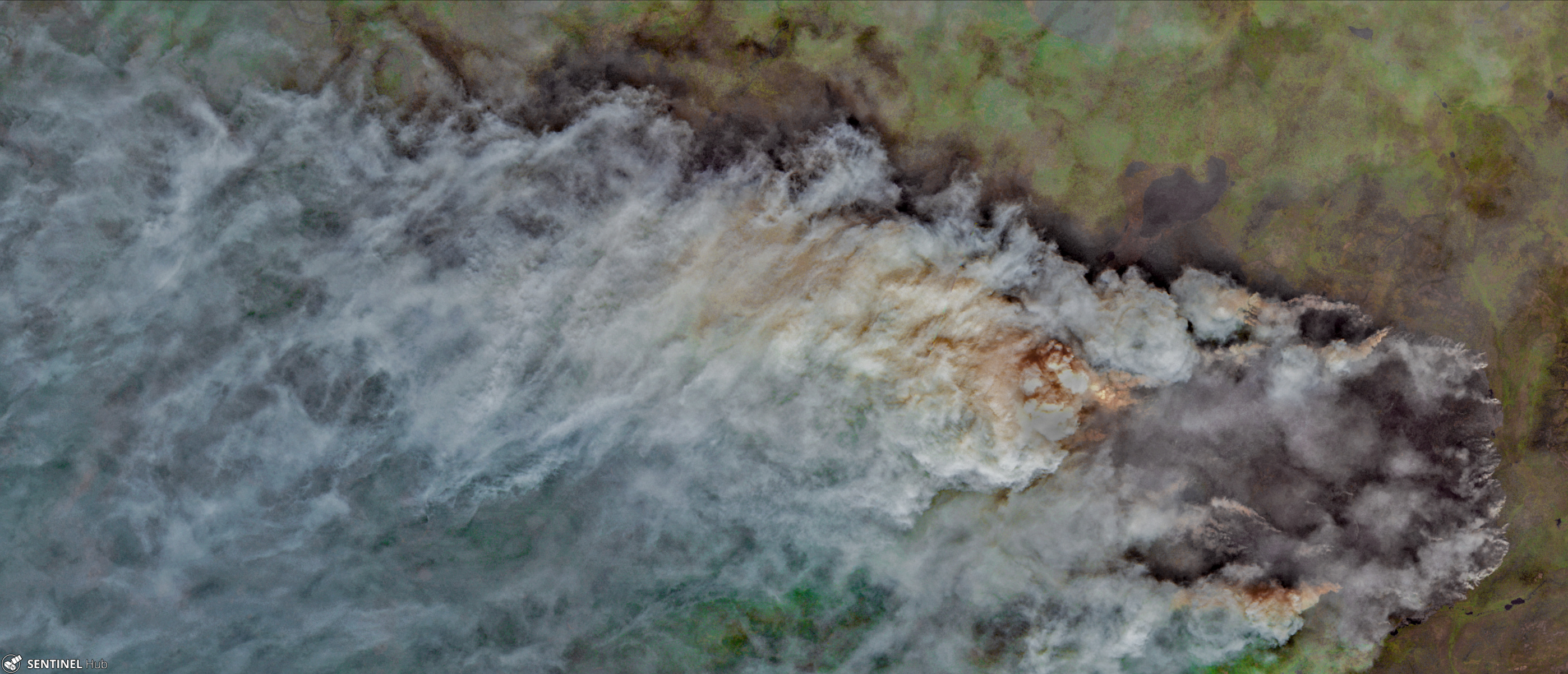Climate Change – The Facts, seeks to do for climate change what Blue Planet II did for single-use plastics, whereby it exposed viewers to horrifying images depicting the effects of plastics on marine wildlife and habitats. Once again, Attenborough does not want to take the viewer on a mesmerising journey through the wonders of the natural world, but rather grabs you by the hand and drags you down the dark tunnel of mankind’s devastating impact on planet earth’s equilibrium; forcing the viewer to look at the facts behind climate change and contrasting the beauty and majesty of the natural world with the cruel reality of how we are destroying it.

It is no longer a matter of opinion, the science is certain and “the evidence is unequivocal”: ice melt is worse than expected with the Arctic and Antarctic experiencing 5 and 3 times more ice loss respectively, compared to 25 years ago; rising sea levels are causing a football field worth of land to be lost in Louisiana every 45 minutes; atmospheric CO2 concentrations have rocketed to 400 ppm; and 20 of the warmest years on record have occurred in the last 23 years. Attenborough’s voice guides us through this array of facts and statistics, accompanied by powerful images and first-hand accounts of families displaced by wildfires, entire species threatened with extinction and crumbling ecosystems all directly affected by climate change.
Climate change – The Facts, forces the viewer to come to terms with the idea that “irreversible damage to the natural world and collapse of our societies” is imminent and that only through decisive and immediate action can it be averted. It does however show us the light at the end of the tunnel by focusing on the power of individuals to make a difference, highlighting climate impact diets, carbon capturing solutions and understanding how our demand for certain products can have far reaching effects on the other side of the globe. All of which without forgoing the crucial role of policy makers and big business in this man made crisis. It recognises that there is more to climate change mitigation than the moral game of “each individual can make a difference”, and Attenborough does not shy away from pointing the finger at big multinational corporations in resisting solutions and their thirst for profits above the wellbeing of our planet.
Although we are less than 11 years away from the Sustainable Development Goals and other important climate targets, the broader public is only just beginning to get basic information on climate change. Although it might be too little too late, Climate Change – The Facts, installs ideas of agency in the individual that can hopefully help bring the cultural and political shifts needed to make a real difference. Furthermore, it comes at a great time: global student protests and climate protests across the UK, led by groups such as Extinction Rebellion (a peaceful protest movement resisting climate breakdown), are taking to the streets, landing on the front pages of global newspapers and having an impact on the agendas of policy makers and big businesses. The latest wave of UK climate protests have lasted over 2 weeks, with nearly 1,100 people arrested in London, all demanding decisive climate action such as: declaring a national climate emergency, reaching net zero greenhouse gas emissions by 2025, creating a citizen assembly for climate action and reforming the national curriculum to include “the ecological crisis as an educational priority”. The UK protests have led to the declaration of a state of Climate Emergency in the UK on the 1st of May; a huge achievement. The tide is turning.






